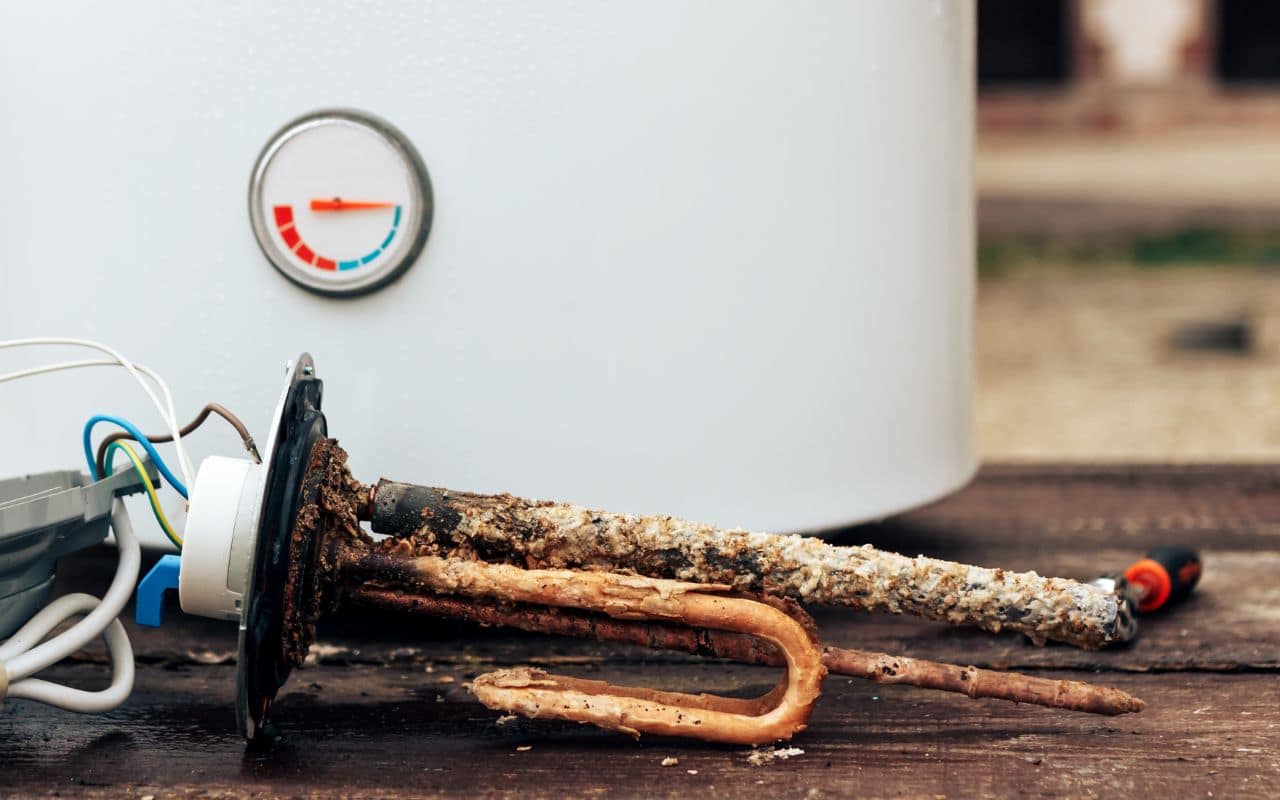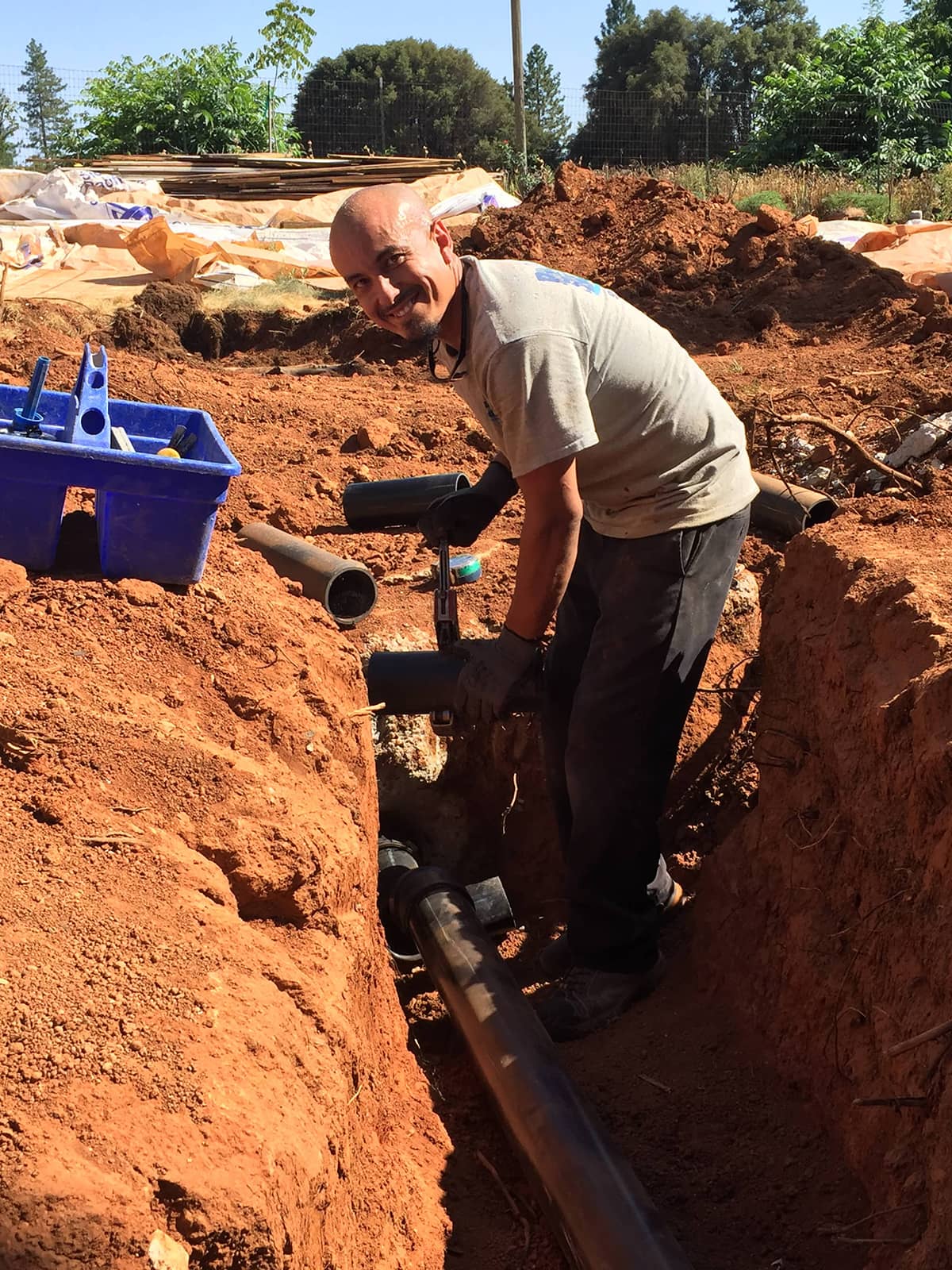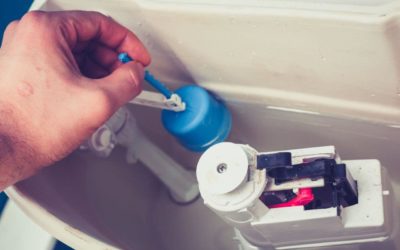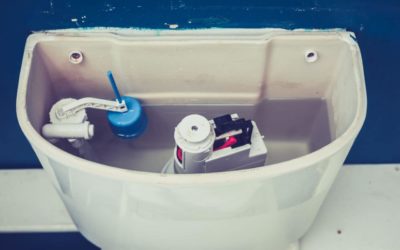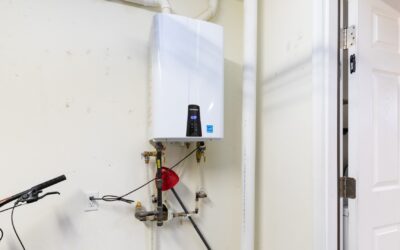Most water heater tanks are made of refined metals sensitive to damage over time. Corrosion is an electrochemical process between metal, water, and oxygen. Gradually, exposure to water destroys refined metals, like steel, as the chemical reaction reduces the metal to a more stable compound. Naturally, this presented an obstacle in designing a metal water heater tank. Sacrificial anode rods are an innovative solution used in hot water tanks to stop corrosion.
What is a sacrificial anode in a water heater?
A sacrificial anode is a long metal rod placed within a water heater’s tank, protecting it from rust and corrosion. The “less noble” anodic metal of the rod attracts corrosive elements in the water, such as iron and limestone, and undergoes the process of galvanic corrosion. By doing so, the anode rod provides the “more noble” steel water heater tank with galvanic protection. Put simply, a sacrificial anode rod literally sacrifices itself to extend the life of the water heater’s tank.
Sacrificial anode rods can be made of magnesium, aluminum, or zinc. Each metal serves a unique purpose depending on a home’s water hardness. Most American homes have hard water and require an aluminum rod which does the best job of attracting iron, calcium, and magnesium within the water. In areas with soft water, a magnesium anode will work best. A zinc anode rod is used to remove bacteria from a water heater tank and should be used if the water has a sulfur smell.
Since each sacrificial anode rod material is interchangeable, it’s possible to use different metals at different times depending on a home’s needs. There are also alloy rods made of aluminum, magnesium, and zinc combinations.
Without a sacrificial anode rod, the water heater tank would corrode faster and crumble quickly. In rare circumstances of premature tank failure, it’s often the case that a bad anode rod didn’t “take,” leaving the tank to corrode instead of the rod.
How do you know if you need a new one?
Over time, the sacrificial anode rod will need to be changed. Once the anode corrodes fully, the water heater will begin to deteriorate, producing loud noises and popping sounds while heating. If there’s any visible rust or cracking on the tank, it’s likely the anode rod needs replacing. Water pooling underneath the water heater may also be an indicator. Finally, if the water smells like sulfur or rotten eggs, it’s very important to have the sacrificial anode rod checked immediately.
How often should water heater anodes be replaced?
It’s essential to have the sacrificial anode rod changed every two to four years. Most water heater manufacturers recommend inspecting the anode rod every one to three years and replacing it once the minerals have consumed more than 50% of the rod. If the rod looks brand new during the inspection, it must be replaced since it likely hasn’t “taken”.
If a home has hard water, the tank will need a new anode rod more frequently. Likewise, sodium-based water softeners will accelerate anode rod corrosion due to the trace amounts of salt in the water softener.
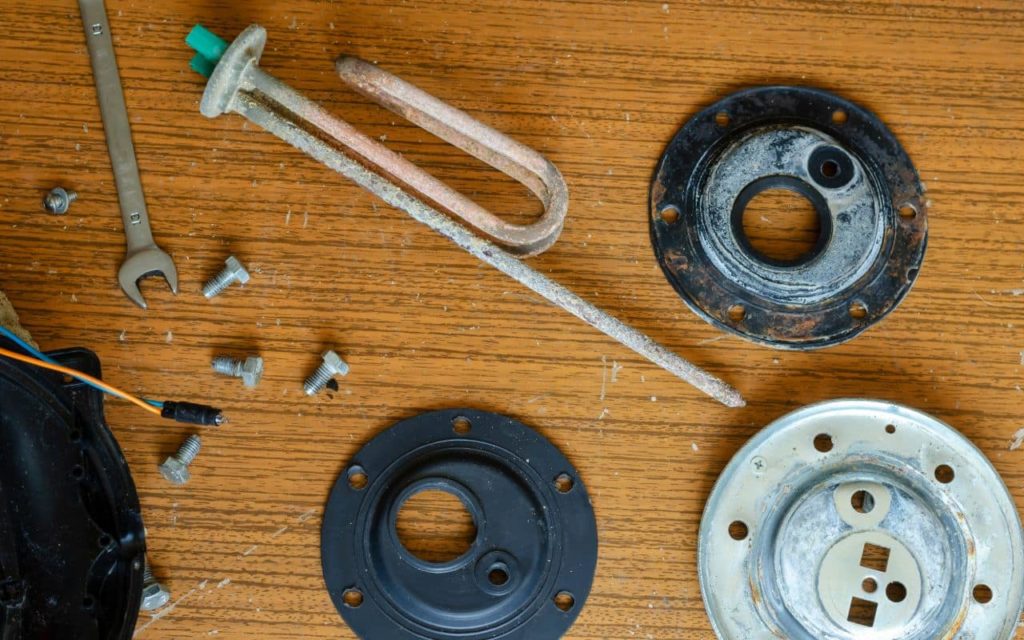
How much does it cost to replace a water heater anode rod?
The cost of professionally replacing a water heater anode rod ranges between $250-$300 and guarantees the job is done correctly while keeping the warranty intact.
The sacrificial anode rod itself is an inexpensive part that can be found at most hardware stores— aluminum, Magnesium, and Zinc anode rods all range between $20 and $40. However, a special order may need to be placed for compact heaters and those larger than sixty gallons.
Is it easy to replace yourself?
While replacing a sacrificial anode rod yourself is possible, it’s recommended that you hire a professional to do so for two main reasons. The first reason is that loosening the anode rod can be extremely difficult because of the build-up of accumulated rust. The second reason is, in some cases, changing the sacrificial anode rod yourself can void the manufacturer warranty of the water heater.
Sacramento anode rod inspection & replacement
To protect your water heater, regularly check and replace your anode rods before tank rusting begins. Sacramento Plumbing Solutions offers sacrificial anode rod inspection and replacement for water heaters throughout the Greater Sacramento area. If it turns out your water heater unit has reached the end of its life, we’ll provide and install a new water heater into your home. We offer tank water heaters as well as tankless water heaters.
Contact us to schedule a sacrificial anode rod inspection or replacement today.

